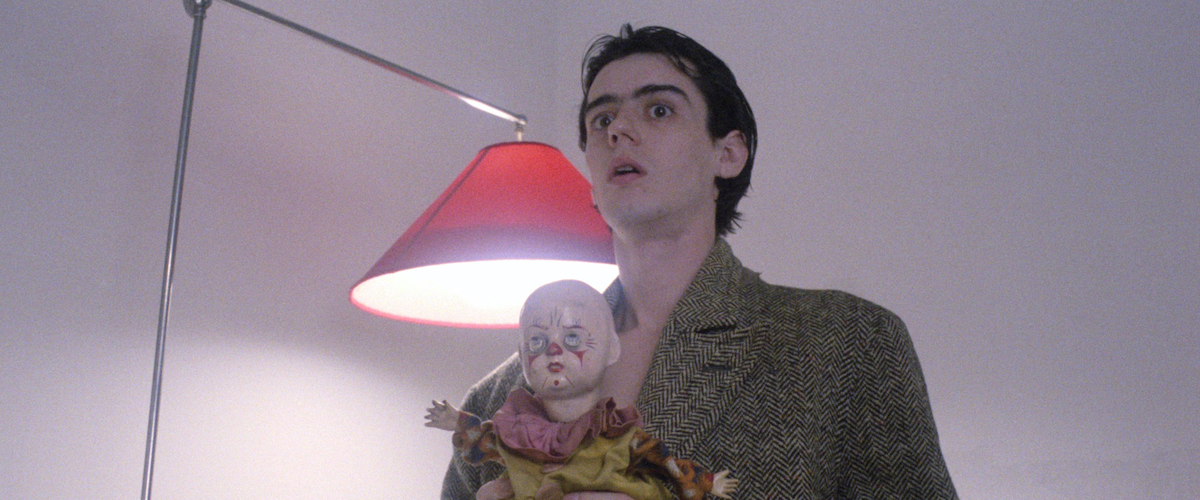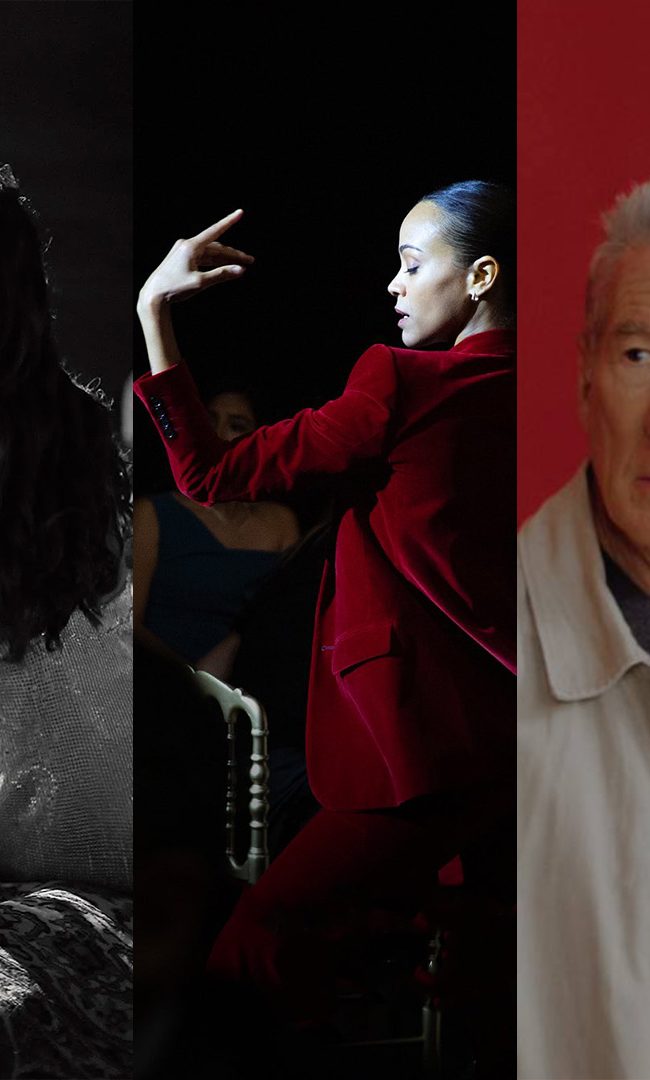ARREBATO (RAPTURE)

Spanish director Iván Zulueta’s cult film Arrebato will have a limited theatrical run and home video release this October before a gorgeous 4K release this fall. Like what you see here on Hammer to Nail? Why not give just $1.00 per month via Patreon to help keep us going?)
Altered Innocence’s 4k restoration of Spanish director Iván Zulueta’s cult film Arrebato will have a limited theatrical run and home video release this October. October, in a way, is an appropriate month for Arrebato. It is far from being a horror film; but if horror is a type of intensified unease, then Arrebato does indeed bathe the viewer in unease. Arrebato occupies the same space as early Cronenberg and Lynch films or even Georges Bataille’s fiction. It is a film less concerned with a tidy plot and more with mood. Zulueta smartly uses mood as a tool to draw viewers into the film’s narrative. It is the film’s mood that turns the screw and builds an overwhelming sense of unease in the viewer. You are never sure where Arrebato will take you next, but you know it will be a dark place.
Admittedly, Zulueta’s plot is disjointed. Some plot elements — and characters — do not connect with the whole. If one manages to mentally bracket off these underdeveloped elements in Arrebato, the film is quite magnetic and mesmerizing. José (Eusebio Poncela) is a filmmaker obsessed with his craft. An early scene, reminiscent of Taxi Driver, tells us a lot about José. He drives through the city, ads and cinema marquees announcing big budget films flash outside his car window as he listens to Wagner’s Götterdämmerung. His stormy relationship with his girlfriend Ana (Cecilia Roth) is marked by heavy cocaine and heroin use. Everything about José is intense. One day he meets Pedro (Will More), an even more intense individual who customizes his camera to film the world around him in a time-lapse fashion. Pedro lets the camera film him all night while he sleeps. Pedro seems to have the mental capacity of a young child. He plays with toys. He has quite a creepy aura. When he starts taking hard drugs with José, Pedro’s personality undergoes changes; he becomes more of an adult.
Arrebato abounds in all sorts of visual and thematic dichotomies, which I would say, are the film’s greatest strengths. Zulueta’s characters capture the manic intensities and crashes of the drug-fueled artist. The film is suffused with a tension between the binaries of rapture and melancholia. The high of shooting a film is opposed by the low that follows the shooting of heroin. Characters often mention “polvo” -– literally “powder” in Spanish, in this case, cocaine or heroin. There’s a double meaning to “polvo” not captured by the subtitles. Native Spanish speakers know that “echar un polvo” means to have sex. Here again we have the highs and the lows of both drugs and sex. Sex and drug use are activities done in bedrooms, in interiors. Here is where Zulueta excels in crafting mood. The films created by Pedro are often shot outside, in natural settings. Most of Arrebato takes place inside rooms, giving everything a claustrophobic feel.
One must place Arrebato in historical context. It was released in Spain in 1980, a time in which Spain was transitioning to democracy after the long Franco dictatorship. Arrebato contains female nudity, male genitalia, bisexuality, and heavy drug use. With Arrebato, Zulueta captured the asphyxiation of the Franco years. He captured the uncorking of the Dionysian forces — sex and intoxication — that had been simmering for years in Spanish society.
– Ray Lobo (@RayLobo13)
Altered Innocence; 4K restoration; Iván Zulueta; Arrebato (Rapture) film review











